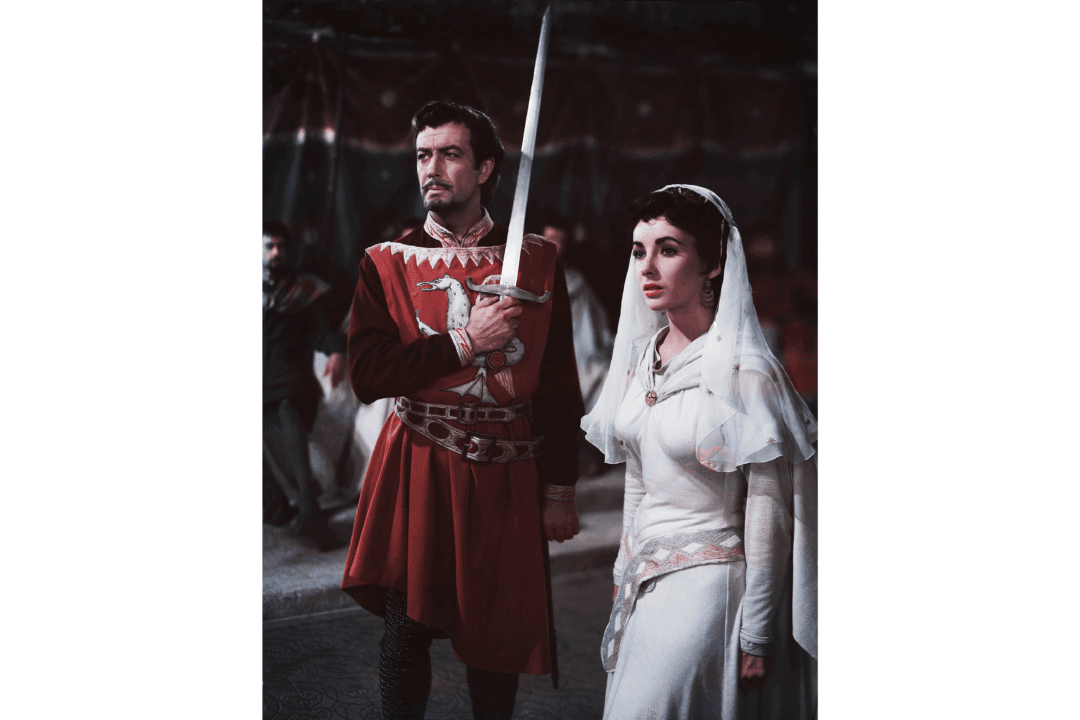NR | 1h 46m | Drama, Epic | 1952
Director Richard Thorpe’s period-adventure film draws on Scottish historian-novelist Sir Walter Scott’s 19th-century novel. It tells of Norman and Saxon knights jostling for favor with England’s 12th-century monarchy at the end of the Third Crusade.





